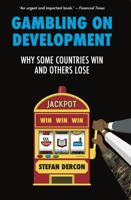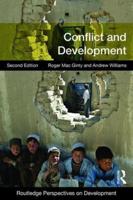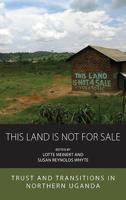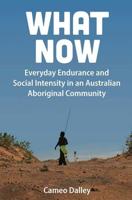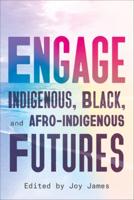Publisher's Synopsis
Can non-governmental organisations contribute to more socially just, alternative forms of development? Or are they destined to work at the margins of dominant development models determined by others? Addressing this question, this book brings together leading international voices from academia, NGOs and the social movements. It provides a comprehensive update to the NGO literature and a range of critical new directions to thinking and acting around the challenge of development alternatives. The book's originality comes from the wide-range of new case-study material it presents, the conceptual approaches it offers for thinking about development alternatives, and the practical suggestions for NGOs. At the heart of this book is the argument that NGOs can and must re-engage with the project of seeking alternative development futures for the world's poorest and more marginal. This will require clearer analysis of the contemporary problems of uneven development, and a clear understanding of the types of alliances NGOs need to construct with other actors in civil society if they are to mount a credible challenge to disempowering processes of economic, social and political development.


